gracias excelente informacion
Is Your Machine Spindle at Risk?
Acquiring a new machining center is a considerable investment. No matter the size, type, model or brand, a new machine represents a significant cost in a manufacturing project. However, this investment can be compromised or become more expensive if it is not tooled up properly. It is more common than you think that spindles in practically new machines are damaged because a quality tool holder isn’t used.
Dual-contact tooling systems are an example. In this specific case, the BIG-PLUS dual-contact system for spindles with ISO 7/24 Interface (ASME-CAT, DIN69871-SK & JIS-BT), created and patented by the BIG DAISHOWA, has been adopted by many companies.
There are a number of copies and imitations in the market that do not fully meet the required specifications and have caused considerable damage and loss to a significant number of manufacturers.
When using original BIG-PLUS products, the benefits are evident:
- Improved surface finish and dimensional accuracy.
- Improved rigidity during machining due to larger seat diameter.
- Improved roundness in boring operations.
- Drastic improvement in ATC repeatability.
- Eliminate the loss of height in the Z-axis, due to the bell mouth effect that can occur at high speeds.
- Improved tool life.
- Prevents fretting corrosion caused by heavy cuts.
- Machining stability for better surface finishes.
- Interchangeability regardless of the model, year of manufacture, and make of the machine exclusively with original or licensed tool holders.
It is because of these benefits that more and more unlicensed copies have made their way into the market. However, these copies cause risks to machine tool integrity.
The development of these technologies, such as BIG-PLUS, takes time during the R&D process. In the case of BIG-PLUS, it took more than 50 years of evolution to bring the ISO 7/24 interface to its highest point.
BIG-PLUS spindles are strictly controlled by worldwide machine manufacturers and spindle manufacturers licensed by BIG DAISHOWA, who has the original master gage. Users can verify the authenticity of the tool holders on the market by making sure the "BIG-PLUS® Spindle System - Licensed BIG Daishowa Seiki,” is printed on the holder. Brands that manufacture tool holders without this license have no traceability to the master gage.
Some of these unlicensed tool holders only fit on the face of the spindle while others only fit on the tapered part of the spindle. With a BIG-PLUS dual contact spindle system, the shank contacts the spindle taper and the spindle face simultaneously.
As mentioned, unlicensed products may have machine performance problems, premature spindle wear, or worst-case scenario, severe spindle damage.
BIG DAISHOWA is a manufacturer of tooling technology that takes feedback from customers to allow its engineering and development area to design the products that allow the customer to install efficient solutions with high standards.
As a result, BIG DAISHOWA has developed a line of premium products made with materials and workmanship that enable superior performance. The BIG-PLUS design received important recognition in Japan for its contribution to manufacturing, not only in the country but throughout the world.
Although the implementation of the BIG-PLUS spindle system is simple, the impact is huge and helps metalworking producers meet their quality standards, without compromising the integrity of their machining centers.
ISO 7/24 DEVELOPMENT
- 1939 – ISO 7/24 Interface era begins
- 1969 – ISO 7/24 JIS-BT interface is standardized in Japan
- The dual-contact system for ISO 7/24 interface BIG-PLUS is developed by BIG DAISHOWA
Did you find this interesting or helpful? Let us know what you think by adding your comments or questions below.
Comments

Gaspar Flores
Mon, 03/03/2025 - 13:10el sistema big plus lleva tanto en el desbaste como en el acabado de piezas a otro nivel





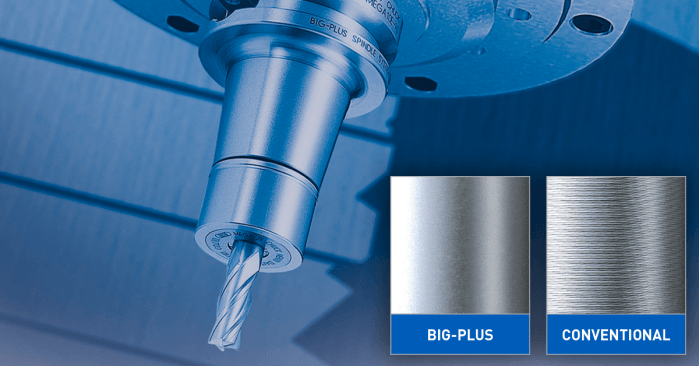

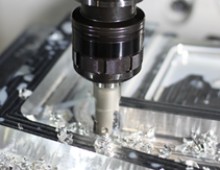
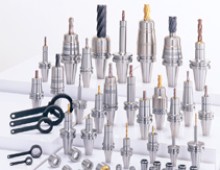

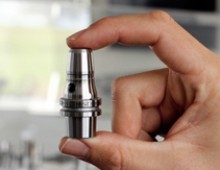
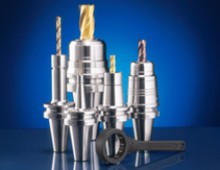
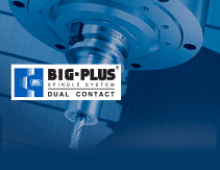
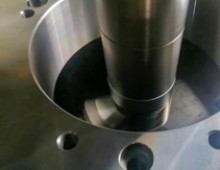
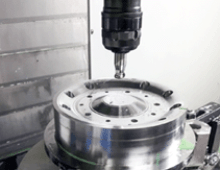
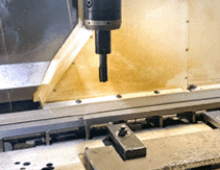
Carlos
Tue, 10/24/2023 - 10:44